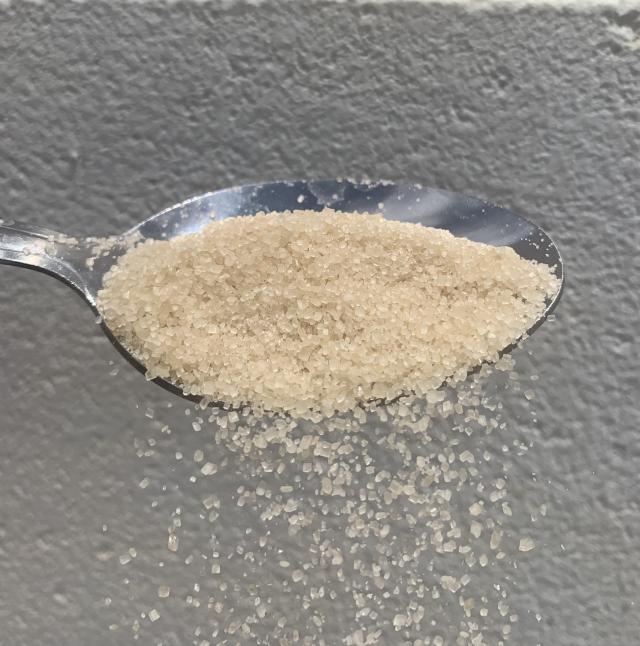Be alert to diabetes risk

Digital Edition
Subscribe
Get an all ACCESS PASS to the News and your Digital Edition with an online subscription
Telstra 5G coverage upgrades in Yuleba
Telstra will be upgrading its mobile base station on the Yuleba-Surat Rd that services Yuleba South to bring a better 5G user experience.
The...







